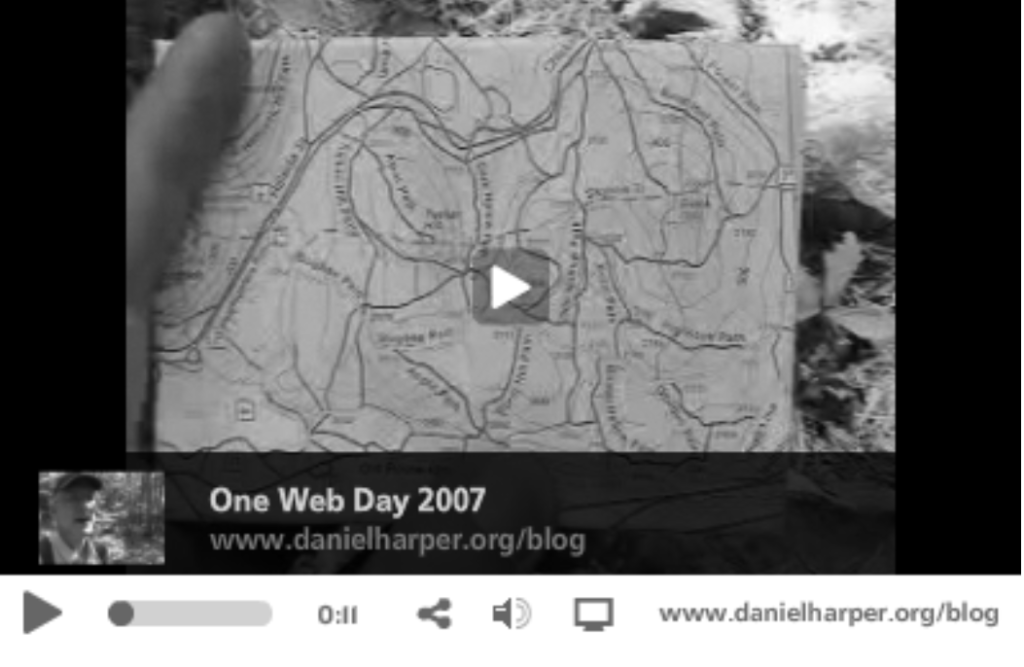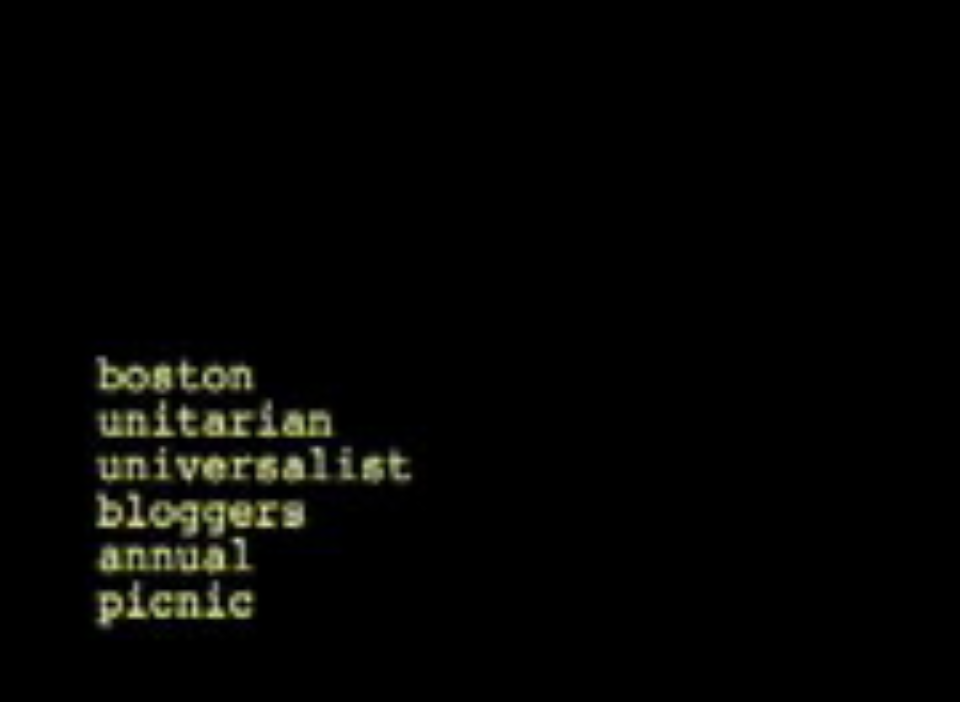Before there were blogs, there were other periodicals with writing that ranged from the profound to the distinctly ephemeral. In 1709, Sir Richard Steele brought out the Tatler. According the Lewish Gibb, his motives were far from idealistic, which led him to create something new in literature:
Steele brought out the Tatler because he wanted money, and the result was something new in literature. Not that a periodical publication was in itself a new thing, but this one had unusual qualities. In accordance with its motto it took the whole range of social activity — quincquid agunt homines — for its province. [The Tatler, Richard Steele, ed. Lewis Gibbs. London: J. M. Dent (Everyman’s Library), 1953, p. vi.]
I’m reading through Gibbs’s selection from the Tatler. It sounds surprisingly contemporary. There’s a short piece on what will happen to the news-writers if the war with France should end. Speaking of a news-writer named Boyer (who sounds as if he could be a pundit on Fox News), Steele says, “Where Prince Eugene has slain his thousands, Boyer has slain his ten thousands….He has laid about him with an inexpressible fury; and made such havoc among his countrymen as must be the work of two or three ages to repair.” And so the war must continue in order to give the news-writers and pundits worthy subjects. Perhaps this is why on July 5th, 2007, the New York Times, the Washington Post, and the Associated Press didn’t question George Bush’s unsubstantiated claim that the Al Qaeda operating in Iraq today is the same Al Qaeda that leveled the World Trade Centers, as reported in Media Matters, for if the Iraq War should end, consumption of the news media would drop. Updating Steele for today’s world: “It being therefore visible that our society will be greater sufferers by the peace than the soldiery itself, insomuch that the New York Times is in danger of being broken, and the very best of the whole band of journalists of being reduced to half-pay; I would humbly move that proper apartments, furnished with laptops, Internet connections, and other necessaries of life, should be added to the Veterans Administration hospitals, for the relief of such decayed journalists and pundits as have served their country by reporting and commenting on the war.”
Of particular interest to the readers of this blog, the Tatler commented on the clergy of the day. Steele commented on a certain clergyman who spoke a little too harshly and gesticulated a little too wildly in the pulpit: “As harsh and irregular sound is not harmony, so neither is banging on a cushion, oratory; and therefore, in my humble opinion, a certain divine of the first order, would do well to leave this off; for I think his sermons would be more persuasive if he gave his auditory less disturbance.” Such sweet viciousness! Would that Steele were still alive to comment on early 21st C. preaching, which has sunk to lower levels than even early 18th C. preaching. But Steele commented on more than preaching, he also commented on the sloppy prayers offered by a certain vicar — “In reading prayers, he has such a careless loll, that people are justly offended at his irreverent posture; besides the extraordinary charge they are put to in sending their children to dance, to bring them off of those ill gestures.” What would Steele have said about some of the Unitarian Universalist prayers I have heard uttered? –to think of it makes me shiver with delicious imaginings.


